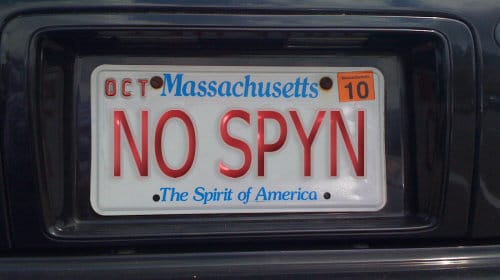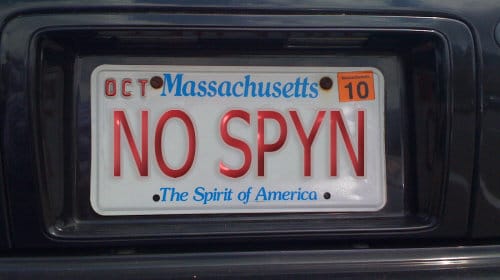Despite Chairman Chuck Grassley (R-IA) and Ranking Member Patrick Leahy (D-VT) of the Senate Judiciary Committee expressing concern about the US government using a license plate tracking system to monitor vehicle movements in America, we should not expect the US Congress to pass any significant rollback of the mass spying program. As we have seen with the US government’s telecommunications mass spying program administered largely by the National Security Agency, a large-scale effort to defeat any significant rights-protecting legislative response should be expected. Further, only insignificant to counterproductive “reform” legislation — portrayed deceptively as a major rollback — will likely be pushed through the legislative process.
If Congress will not act to protect the people’s rights, who then can limit the license plate tracking program? State governments can. Without license plates, there can be no US government license plate tracking program. A state government can protect individuals from the US government’s snooping by ending the state’s requirement that license plates be displayed on automobiles. In taking this action, a state would also protect people from spying and tracking by private individuals and entities, as well as by state and local government police, bureaucrats, and contractors.
As Judge Andrew Napolitano, an RPI Advisory Board member, has explained, the US government’s mass tracking of automobiles via license plate readers is a violation of the Fourth Amendment of the US Constitution and reminiscent of East Germany domestic spying practices.


